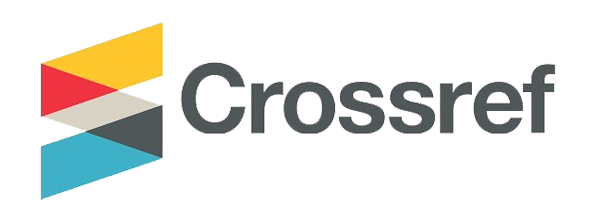The Influence of the Mikir Learning Model & Drill Method on Students' Mathematical Argumentation Ability
DOI:
https://doi.org/10.51178/ce.v6i1.2435Keywords:
Argumentation Ability, Mathematical Initial Ability (MIA), MIKiR, DrillAbstract
This study aims to analyze the effect of the MIKiR and Drill learning models on the argumentation skills of students at MTs Hifzil Qur'an Medan. This research used a quantitative approach with a posttest-only design. The population consisted of 216 students categorized into high, medium, and low Mathematical Initial Ability (MIA) groups. Using a non-probability sampling technique, the sample size totaled 110 students, with 34 students in the conventional group, 39 students in the MIKiR group, and 37 students in the Drill group. The data were analyzed using descriptive analysis, following prerequisite testing with a two-way ANOVA test. The results showed that both the MIKiR and Drill learning models had a significant effect in improving the argumentation skills of MTs Hifzil Qur'an Medan students, with the average scores of the MIKiR group (79.10) and the Drill group (79.46) being higher than those of the conventional group (73.38).
Downloads
Published
How to Cite
Issue
Section
License
Copyright (c) 2025 Akhyaruddin Akhyaruddin, Abdul Mujib

This work is licensed under a Creative Commons Attribution 4.0 International License.
















